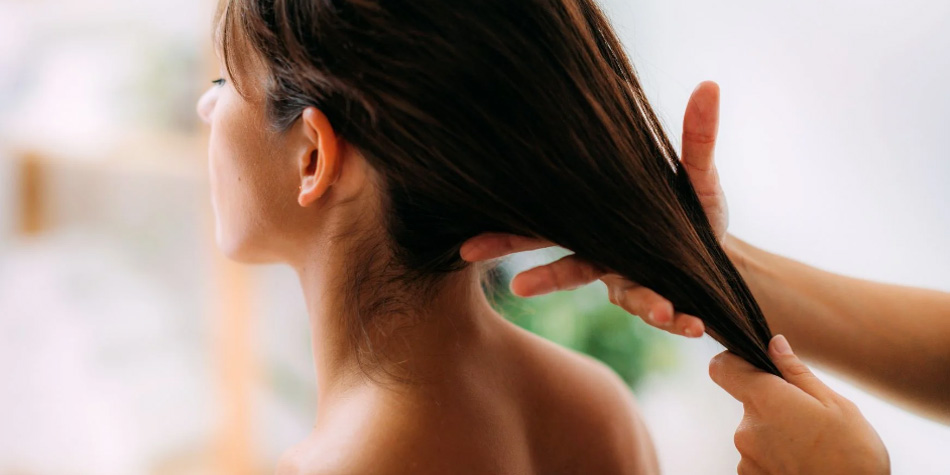Working Time
| Mon-Thu | 09:00 AM - 6:00 PM |
| Friday | 09:00 AM - 6:00 PM |
| Saturday | 09:00 AM - 2:00 PM |
| Sunday | Closed |
Request Form
Emergency Contact
Get Consultation
Anti - Hair Fall Treatment

Hair fall is a common concern affecting both men and women, and finding the right treatment is crucial for maintaining a healthy and full head of hair. Explore the information below to understand the common causes of hair fall and discover effective anti-hair fall treatments to help nourish your roots and promote stronger, thicker hair.
Common Causes of Hair Fall:
- Genetics (Androgenetic Alopecia): A hereditary condition that can lead to progressive hair thinning.
- Hormonal Changes: Imbalances due to pregnancy, childbirth, menopause, or thyroid issues can contribute to hair fall.
- Nutritional Deficiencies: Lack of essential nutrients, such as iron, zinc, and vitamins, can affect hair health.
- Stress and Lifestyle Factors: Physical or emotional stress, poor sleep, and unhealthy lifestyle choices can contribute to hair fall.
- Medical Conditions: Certain illnesses, medications, and underlying health issues can impact hair growth.
Anti-Hair Fall Treatments:
- Topical Treatments: Over-the-counter or prescription topical treatments, such as minoxidil, can help stimulate hair growth and prevent further hair loss.
- Prescription Medications: Finasteride, prescribed for men, can help inhibit the hormone responsible for hair loss.
- Nutritional Supplements: Supplements containing essential vitamins and minerals can address nutritional deficiencies that contribute to hair fall.
- PRP Therapy: Platelet-Rich Plasma (PRP) Therapy involves injecting your own platelet-rich plasma into the scalp to stimulate hair follicles and promote regrowth.
- Low-Level Laser Therapy (LLLT): LLLT devices use low-level lasers or light-emitting diodes to stimulate hair follicles and encourage growth.
- Hair Growth Shampoos and Conditioners: Formulated with ingredients like biotin, keratin, and caffeine to strengthen and nourish hair.
- Scalp Treatments: Professional scalp treatments, such as microneedling or laser therapies, can promote blood circulation and stimulate hair follicles.
- Hair Care Practices: Adopting a gentle hair care routine, avoiding tight hairstyles, and minimizing heat styling can contribute to hair health.
Professional Consultation:
Before starting any anti-hair fall treatment, it's crucial to consult with a healthcare professional or a qualified trichologist. They can assess the root cause of your hair fall, recommend appropriate tests, and tailor a treatment plan to address your specific needs.
Combatting hair fall requires a holistic approach that considers both internal and external factors. Whether you opt for topical treatments, medical interventions, or lifestyle modifications, nourishing your roots is a journey towards healthier, stronger hair. Schedule a consultation with a qualified professional to discuss your unique situation and explore the most effective anti-hair fall treatment plan for you.



